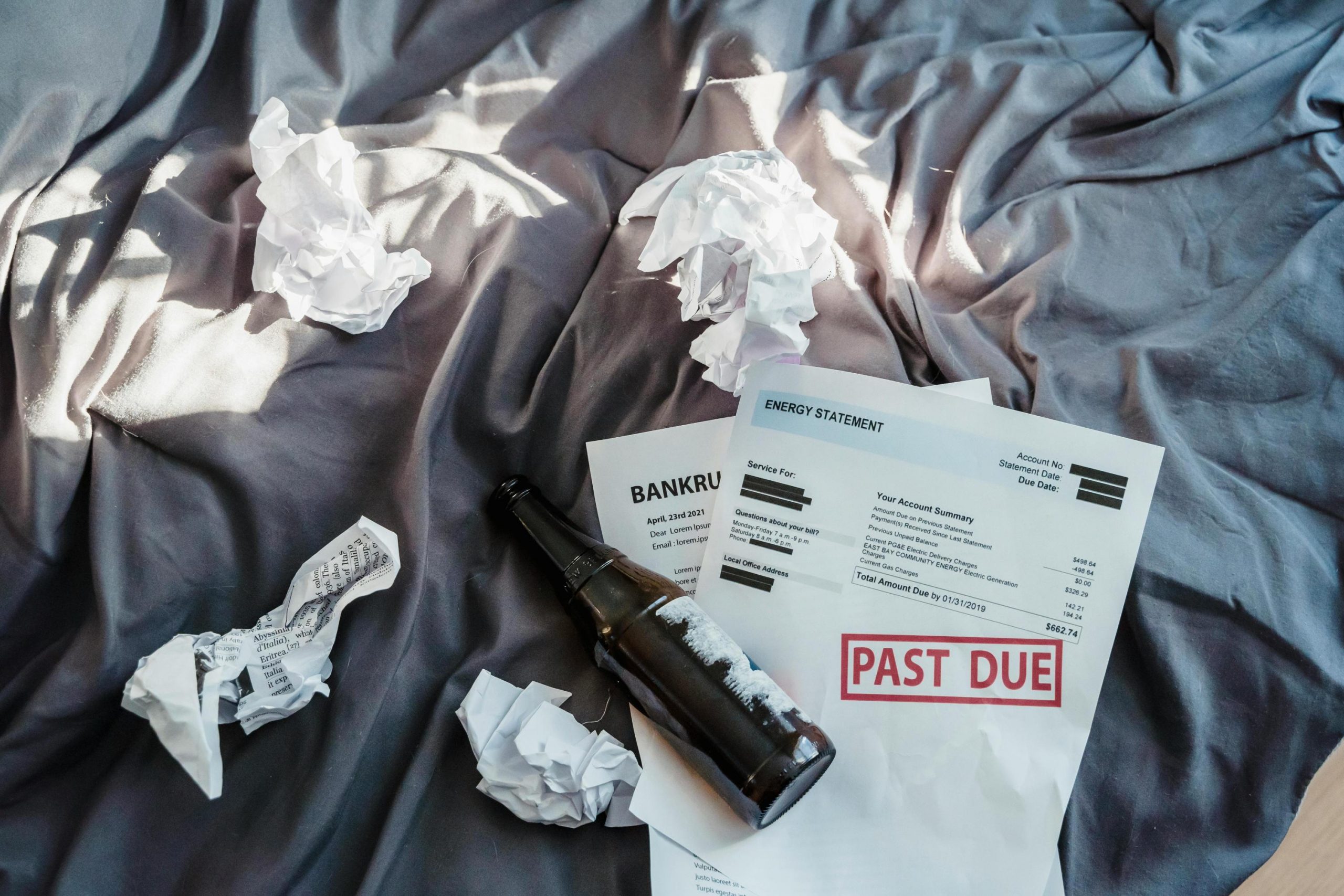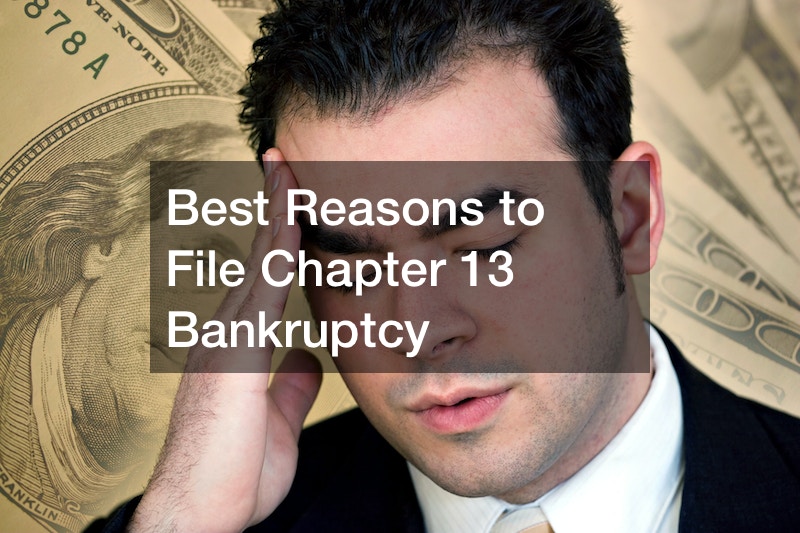Can You Inherit Debt? What Every Family Should Know


Dealing with the loss of a loved one is hard enough without worrying about bills. But many people ask the same question: Can you inherit debt? The short answer is—usually not. However, there are some important exceptions you should know.
This guide explains how debt works after someone dies, when you might be responsible, and what steps to take to protect yourself and your family.
What Happens to Debt After Death?
When someone passes away, their debt doesn’t disappear—but it doesn’t automatically pass to family either. Instead, their estate takes over. An estate includes everything the person owns, like money, property, and belongings.
Creditors are paid out of the estate before anything is passed to heirs. If the estate doesn’t have enough money to cover the debts, it’s called “insolvent,” and some debts may go unpaid.
So, can you inherit debt? In most cases, you’re not personally responsible unless special circumstances apply. Understanding what happens to debt when you die is essential for managing estate planning and protecting your family’s finances.
When You Might Be Responsible for Someone Else’s Debt
Even though most debts stay with the deceased’s estate, there are some situations where you could be legally or financially responsible. Knowing these can help you avoid unexpected bills or legal trouble.
1. Co-Signed Loans
If you co-signed a loan, credit card, or lease with someone, you didn’t just “help them out”—you agreed to take full responsibility if they couldn’t pay. That also includes if they die.
Lenders see both names on the contract as equally responsible. So if the other person passes away, you’ll be expected to make the remaining payments, even if you never used the money or item.
Examples:
- A car loan co-signed for a child or sibling
- A personal loan where your name is on the paperwork
- A private student loan with a co-signer agreement
If you’re a co-signer, talk to the lender right away to find out your options. Sometimes, they may allow refinancing or loan forgiveness, but not always.
2. Joint Accounts
Joint account holders are different from authorized users. If your name is on a joint credit card or loan account, you’re just as responsible for the debt as the person who passed away.
After their death, the account usually doesn’t close—you simply become the sole owner of any remaining balance. That means you’ll need to make future payments and possibly pay off the entire amount.
Tip: If you’re unsure whether you’re a joint holder or just an authorized user, check with the bank or lender. Authorized users are usually not held liable, but joint account holders are.
3. Community Property States
In some states, laws treat married couples as a single financial unit. These are called community property states, and they include:
- California
- Texas
- Arizona
- Nevada
- Idaho
- Washington
- Louisiana
- New Mexico
- Wisconsin (and Alaska, if chosen by agreement)
In these states, any debt acquired during the marriage is shared, even if only one spouse signed the paperwork. So if your spouse dies, you may be required to pay off debts like:
- Credit cards
- Medical bills
- Personal loans
- Business debts started during the marriage
This rule usually doesn’t apply to debts taken before marriage, but laws can be complex. Talking to a probate or estate attorney can help clarify your situation.
4. Mishandling the Estate
If you’re in charge of settling someone’s estate—usually called the executor or personal representative—you have a legal duty to pay debts before distributing property or money to heirs.
If you give away or spend the estate’s money before settling debts, you might have to repay those debts out of your own pocket.
For example:
- You sell the deceased’s car and give the money to family without paying off the car loan
- You distribute savings to siblings but ignore unpaid credit card bills
- You skip notifying creditors and go straight to handing out inheritance
To avoid personal liability:
- Follow your state’s probate laws
- Notify all creditors
- Pay off debts in the correct order
- Keep records of everything you do
If you’re unsure how to manage an estate, it’s a good idea to get legal help before making any decisions.
Types of Debt & What Happens to Each
Here’s how different types of debt are handled after death:
Credit Card Debt
This is unsecured debt, meaning it’s not tied to any property. It gets paid from the estate. If the estate can’t cover it, the balance is usually written off—unless there’s a joint account holder or co-signer.
Mortgages
Mortgages are secured debt, tied to the home. The house can be sold to pay it off. If a family member wants to keep the home, they’ll need to keep making payments or refinance.
Auto Loans
Like mortgages, car loans are also secured. If payments stop, the lender can take back the vehicle. Someone who wants to keep the car must take over the loan.
Student Loans
- Federal loans are usually forgiven after the borrower dies.
- Private student loans may be different. Some lenders forgive them, while others try to collect from the estate. Co-signers may still be responsible.
Medical Bills
These are paid by the estate. If there isn’t enough money, they may go unpaid unless someone is legally required to pay, such as a co-signer.
Personal Loans
These loans are also paid from the estate. If there’s no money left, the debt might be canceled—unless it’s co-signed.
What Happens If There’s No Estate?
If someone dies without money, property, or life insurance, their estate is considered empty. Creditors may still try to collect, but:
- Most family members won’t have to pay.
- Co-signers or spouses in community property states may be held responsible.
- Some small debts go uncollected because they’re not worth pursuing.
Understanding what happens to debt when you die helps families prepare for these possibilities before it’s too late.
Can Debt Collectors Come After You?
Debt collectors are not allowed to trick or harass you. However, they may try to contact the family to settle a debt from the estate. Here’s what to know:
- You’re not required to pay unless you’re legally responsible.
- You can ask for proof of the debt before responding.
- If you feel pressured, talk to a lawyer or your state attorney general.
Always get everything in writing. Just because a collector says you owe money doesn’t mean you do.
How to Protect Yourself from Inheriting Debt
Here are a few smart steps to take:
1. Avoid Co-Signing Loans
If you co-sign, you’re responsible. If you can’t afford the debt on your own, don’t co-sign.
2. Understand State Laws
Know whether you live in a community property state. This can affect spousal responsibility for debt.
3. Talk About Money
Discuss debt and estate plans with aging parents or spouses. It may be uncomfortable, but it helps avoid surprise bills later.
4. Consider Life Insurance
A life insurance policy can help cover funeral costs or debts, especially if someone is likely to inherit a house or business.
5. Work with an Estate Planner
A lawyer can help your family prepare for the future, limit liability, and ensure debt doesn’t get passed on by mistake.
Final Thoughts
So, can you inherit debt? The good news is: not usually. Most debts stay with the estate. But if you co-signed a loan, shared a credit account, or live in a certain state, you might still be responsible.
It’s smart to have open conversations with loved ones about debt, planning, and wills. With good planning and awareness, your family can avoid surprise bills and protect their financial future.




